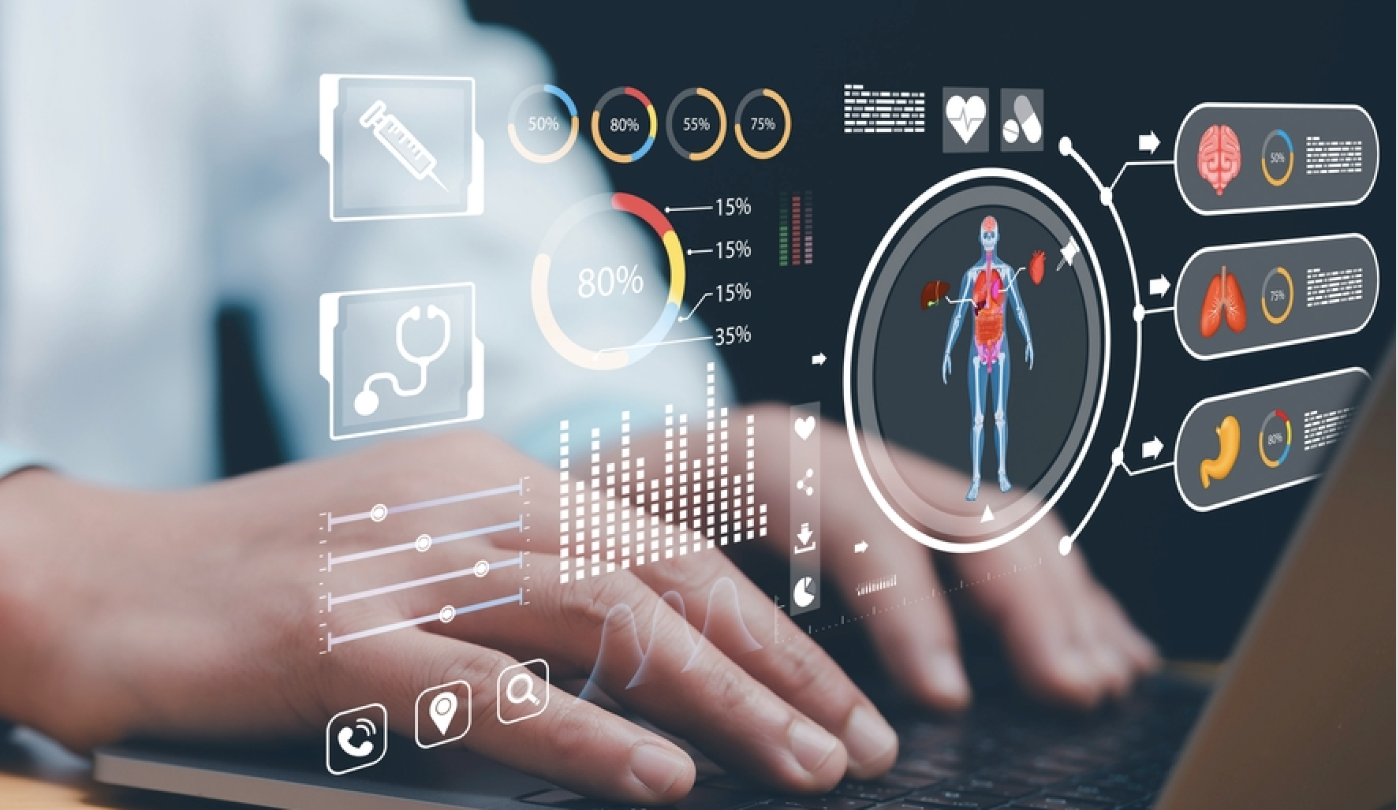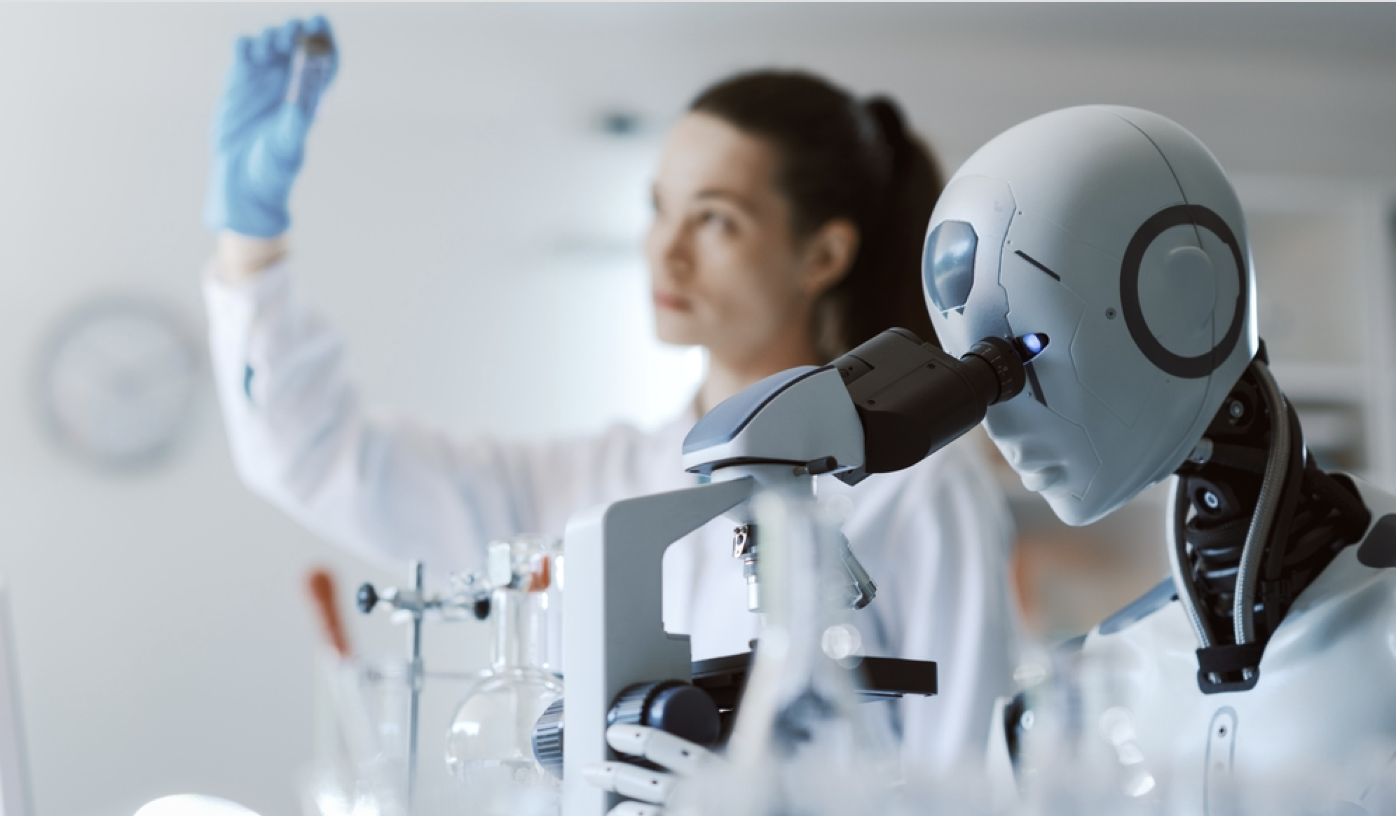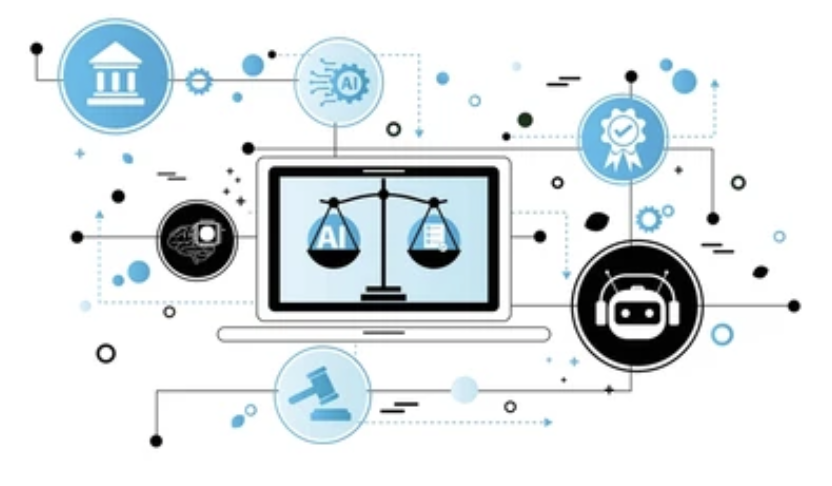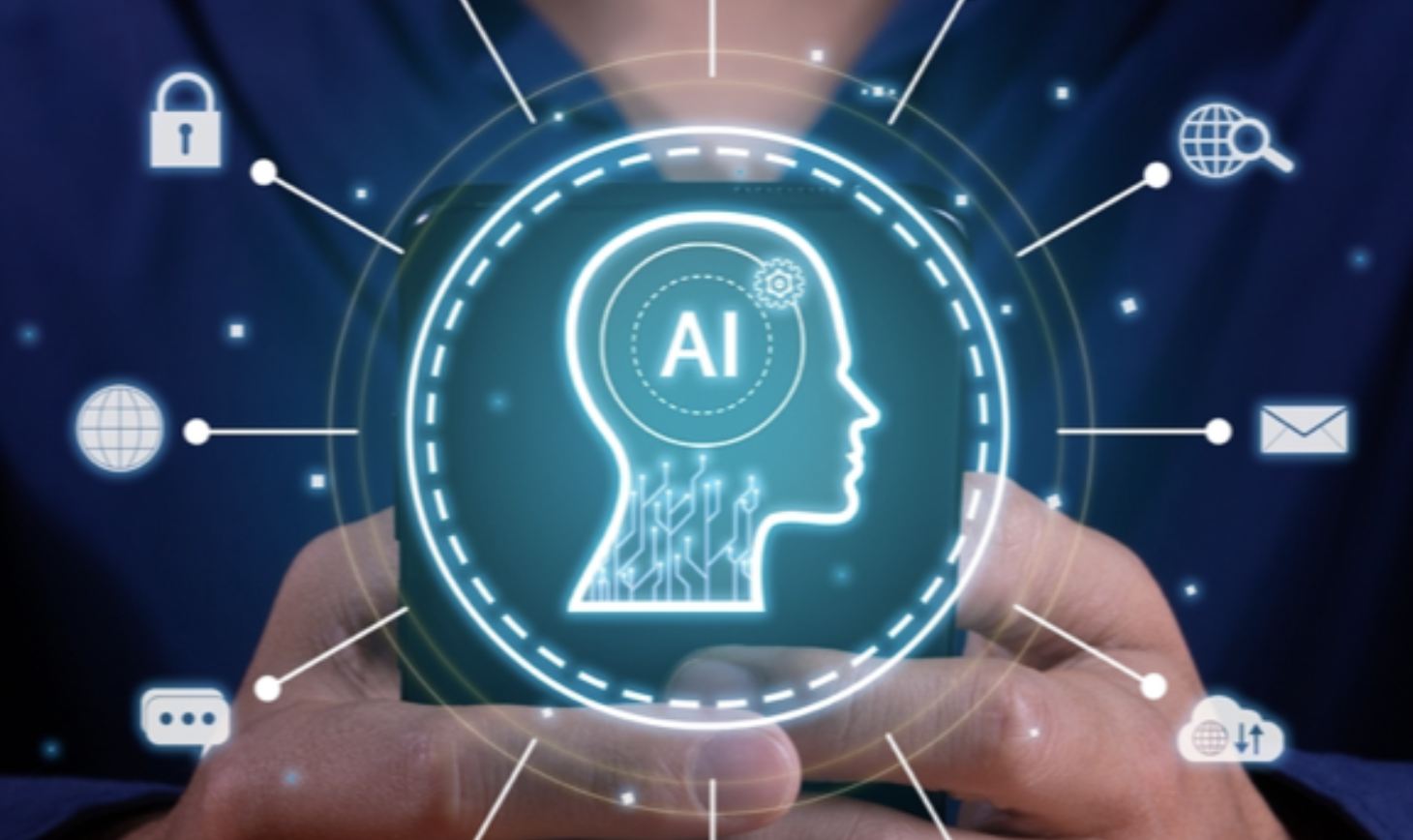

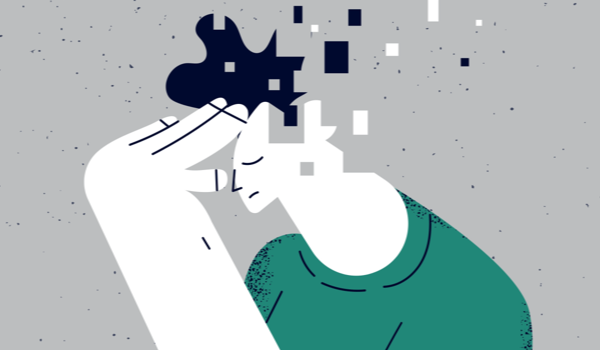
LONDON - The brain is a fascinating but complex organ that controls thought, memory, emotion, senses, motor skills, breathing, temperature, and virtually every other process that regulates the human body. While the brain only accounts for 3 percent of a human’s body weight, it consumes 20 percent of oxygen breathed and 20 percent of energy taken in. A vast number of chemical reactions occur every second, and these are responsible for people’s thoughts, actions, and behaviors.
Despite a greater understanding of brain functions, mental illness is still not universally accepted.1 As those who suffer from these ailments struggle with symptoms and disabilities, they must face stereotypes, prejudice, and discrimination. In many countries, the gap between the availability of qualified professionals and the number of patients has led to long waiting lists, with many high-risk patients forced to wait several months to receive much-needed care.
A 2023 study from the World Health Organization (WHO) supports the potential of artificial intelligence (AI) in mental health services and research, but also cites significant flaws and challenges.2 Researchers from Spain’s Polytechnic University of Valencia identified these in a paper.3 These defects relate to the quality and limitations of training models, the misinterpretation of results, algorithmic bias, lack of transparency, and data privacy and security - concerns I covered in a previous article on responsible AI.
AI is, however, emerging as a transformative force in healthcare, offering a wide range of applications that are revolutionizing the way the world diagnoses, treats, and manages disease. AI and Big Data analytics are increasingly seen as innovative tools in planning mental health services and monitoring co
The content herein is subject to copyright by The Yuan. All rights reserved. The content of the services is owned or licensed to The Yuan. Such content from The Yuan may be shared and reprinted but must clearly identify The Yuan as its original source. Content from a third-party copyright holder identified in the copyright notice contained in such third party’s content appearing in The Yuan must likewise be clearly labeled as such. Continue with Linkedin
Continue with Linkedin
 Continue with Google
Continue with Google










 812 views
812 views

